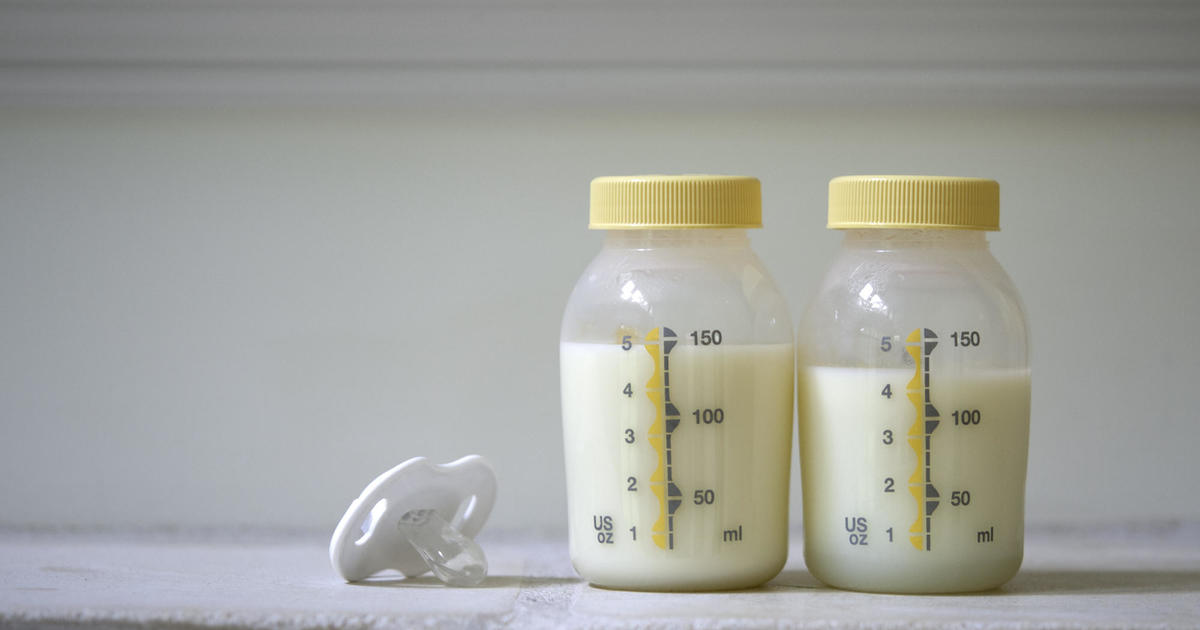ACSI: Customer Satisfaction Weakens, Bad News for Economy
After almost two years of stalling scores, the overall American Customer Satisfaction Index fell 0.3 percent for the third quarter, which brings the Index to a score of 75.7 on a 0-100 point scale.
Officials with the ACSI, developed by University of Michigan professor Claes Fornell, said that means it will be difficult for the U.S. economy to look to strengthened consumer demand for a boost.
"Periods of stalling ACSI growth have often been followed by weak, and sometimes negative, GDP growth," Fornell said. "Consumer spending is unlikely to exhibit much of an increase unless bond buying by the Federal Reserve leads to more employment, inflation, consumer confidence and higher stock prices. With the drop in ACSI, consumer spending for the final quarter of 2010 does not look like it will improve enough to spur much economic growth."
Customer satisfaction with food companies dipped for the first time in three years, falling 2.4 percent to an ACSI score of 81. Rising food prices seem to be the culprit, but some slippage in quality is also to blame as satisfaction with 9 of the 13 largest manufacturers declines. Heinz fell 1 percent to 88 but nevertheless leads the industry as it has for the past decade, with cereal maker Quaker Oats and confectioner Hershey (both down 1 percent to 86) close behind and Mars (down 2 percent) and Sara Lee (unchanged) next at 85.
Fresh and frozen meat producer Tyson plunged the most (down 6 percent to 77) to the bottom of the industry, an all-time low and well below other food companies. Customers are complaining about quality and a recall of deli meats probably hasn't helped either. Kellogg also dropped sharply, down 5 percent to match the industry average at 81.
At the other end of the spectrum, ConAgra alone improved, surging 6 percent to nearly offset a steep drop in 2009. Discounts on many frozen food lines and the introduction of new products created better value for money and higher quality, but not without a cost. The lower prices are eating into earnings and ConAgra's profit forecast has been reduced.
After three years of stagnant scores, customer satisfaction with pet food fell slightly, down 1 percent to 83, although pet food remains one of the highest-scoring products with no company ever below 79. Mars Petcare leads the way, up 2 percent to 85 and tying the aggregate of smaller pet food brands. Del Monte is next, after a 4 percent surge to 83.
Colgate-Palmolive's Hill's Pet Nutrition and Nestlé Purina PetCare share the next industry slot with identical scores of 82, just below the industry average. Hill's jumps 3 percent, while Nestlé Purina plunges 5 percent. Iams has an even larger drop, down 6 percent to 80, as quality falls from in best in class to about average, according to customers, which is unlikely to be satisfactory when buyers expect premium quality and are charged accordingly.
Customer satisfaction with athletic footwear remains steady at 80. Shoemaker Adidas jumps into the lead with a 5 percent improvement (to 82), while Nike makes a modest gain of 1 percent to 80, positioning both companies at or near all-time highs. For the industry, these gains are offset by a drop for the group of smaller manufacturers such as New Balance and Skechers, falling 4 percent to equal the industry average at 80.
After Adidas added Reebok to its brand portfolio in 2006, customer satisfaction went from 75 to 78, but was stuck until now.
"Investments in new products with a special emphasis on toning shoes seem to have paid off," Fornell said. "Market share has increased, particularly among women, with U.S. revenue growing at a double-digit pace and the company's stock price is up 40 percent over the past year."
Apparel was the only category to show improvement, gaining 1 percent to an all-time high of 83. VF bolted to the lead, rising 5 percent to 85. A year ago all apparel makers were tightly grouped around the industry average in the range of 81 to 83, but now VF pulls away from its nearest competitors Jones Group (down 2 percent), Levi Strauss (down 2 percent) and Hanesbrands (down 1 percent), all tied at 81.
Compared to VF, Liz Claiborne is moving in the opposite direction, falling 4 percent to an industry low of 79. Liz Claiborne revamped its lineup in early 2009 with offerings created by fashion designer Isaac Mizrahi, but then pulled his New York line out of stores, limiting availability to television shopping network QVC. The elimination of Liz Claiborne lines from department stores other than J.C. Penney seems to have contributed to the company's fall in customer satisfaction.
The American Customer Satisfaction Index is a national economic indicator of customer evaluations of the quality of products and services available to household consumers in the United States. ACSI releases results for various sectors of the economy on a monthly basis to provide up-to-the-moment coverage over the entire calendar year. The national index is updated each quarter and factors in scores from more than 225 companies in 45 industries and from government agencies over the previous four quarters. The Index was founded at the University of Michigan's Ross School of Business and is produced by ACSI LLC. ACSI can be found on the Web at www.theacsi.org.
(c) 2010, WWJ Newsradio 950. All rights reserved.



